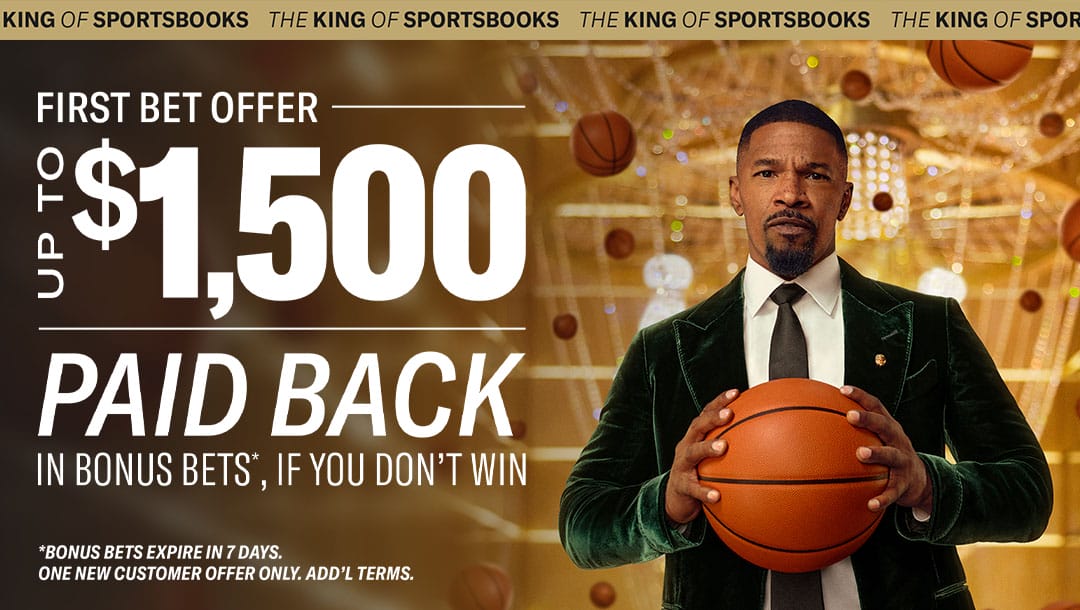The University of Utah added a new wrinkle to college athletics without making a single change in their athletics department.
They are the first Power Five school to offer partial scholarships for competitive video gaming — AKA "eSports". While the scholarships — and the entire eSports program — will not be funded or supported by the athletics department, we are slowly creeping toward a debate over eSports becoming an intercollegiate sport.
Wait. Don't click away just yet.
A decade ago, sports' fans would've bet the farm against ESPN ever broadcasting an eSports event. Fans can either engage in a never-ending debate over the validity of eSports being a "sport" and whether it's deserving of mainstream sports media coverage. Or they can agree it's here, that it sells, and it's not going anywhere.
Universities have sponsored gaming clubs for years. Now those once-niche groups are exploding and inching toward NCAA sponsorship. However, we're still a long ways from that, partly because of one huge deterrent: money.
The NCAA loves using amateur athletes for financial gain. Sign 'em up!
Oh, eSports student competitors are the ones making money? Forget it. (As the NCAA returns to kindly distributing hats and t-shirts to the North Carolina men's basketball team, while head coach Roy Williams gets a $925,000 bonus from the school.)
Recruiting Now! https://t.co/Ng1yeo2RML pic.twitter.com/RgXGruOSrH
— Utah esports (@GamerUesports) April 5, 2017
Utah eSports scholarships are supported by the Salt Lake City school’s video game development program and funded by Utah’s Entertainment Arts & Engineering department. Their varsity team will play in Riot Games’ League of Legends and compete against schools in their collegiate league. A.J. Dimick, Utah eSports director of operations, has spoken with Utah Athletics but said the varsity team will not receive financial or marketing support and needs continued growth before NCAA regulation should even be considered.
"More schools need to become involved and be part of that conversation," Dimick told HERO Sports about the NCAA or another governing body.
Collegiate eSports is not structured like an NCAA program, and Riot Games is not structured like the Pac-12 or NCAA. Like Utah football, softball or volleyball, they have sponsors, recruiting, fans and everything else. But it would take a major overhaul to fall under the NCAA umbrella.
"I think college eSports could benefit from a more centralized league with common-sense regulation. I really don't know if its future is in the NCAA, but I would sure welcome that discussion among more participating schools."
Students in eSports can be compensated; they can accept money, gifts and other items that would be impermissible benefits under NCAA rules.
"I think some regulation that seeks to keep the playing field level and looks out for the interest of the students would be welcome," Dimick added. "I do favor some amateurism rules [that keep] the playing field even among big [and small] schools but probably not to the degree that the NCAA regulates it."
For now, Dimick and the eSports community is embracing the uncertainty. It's unclear where the sport will land in a decade and what path it will take, but one thing is certain: Do not bet against eSports, and never rule anything out.


